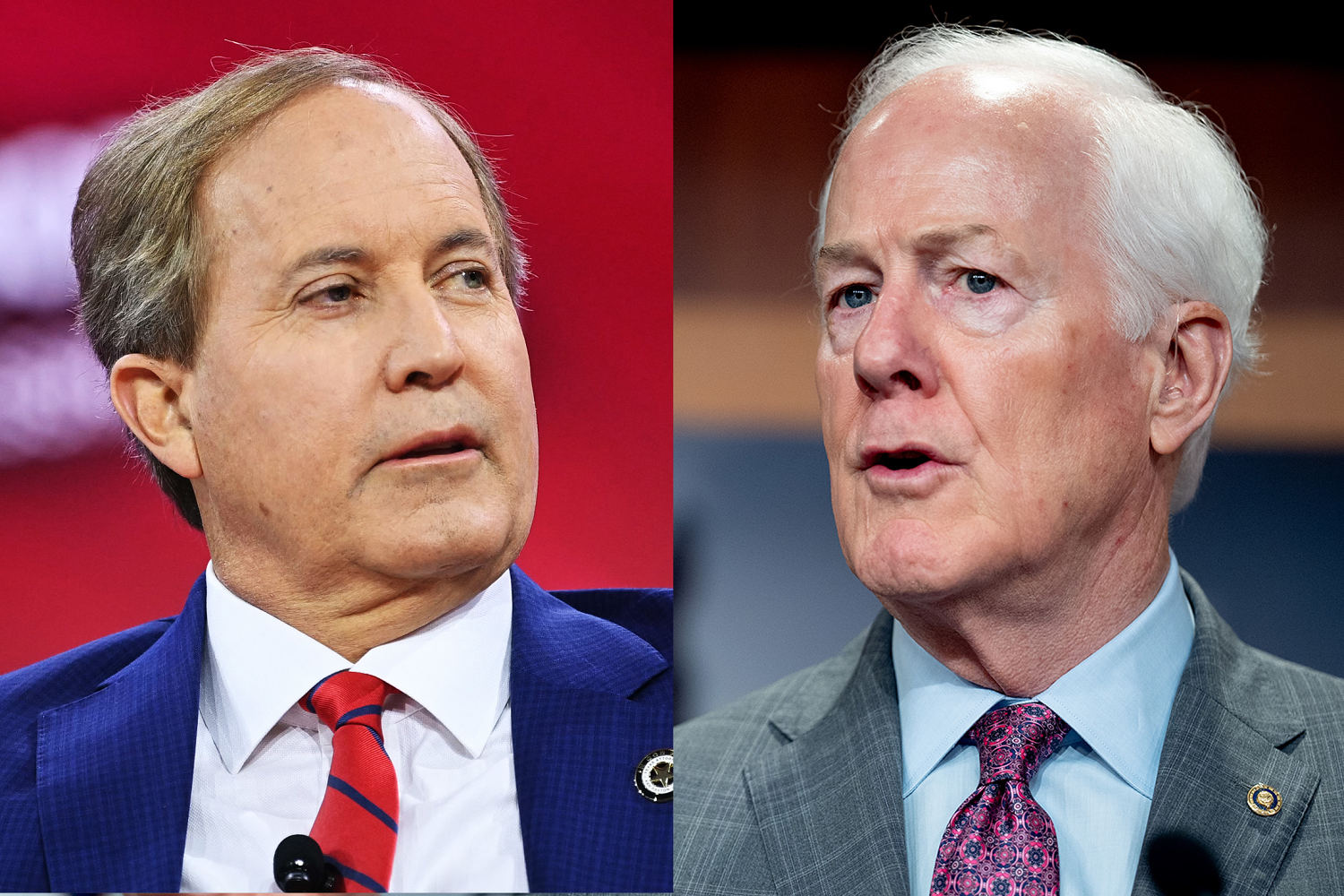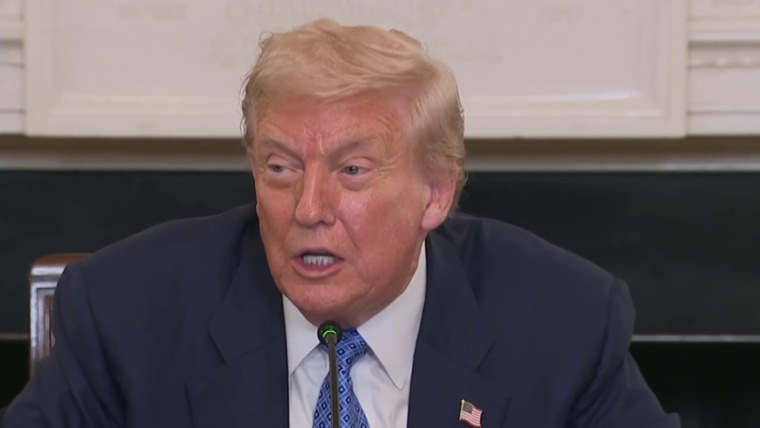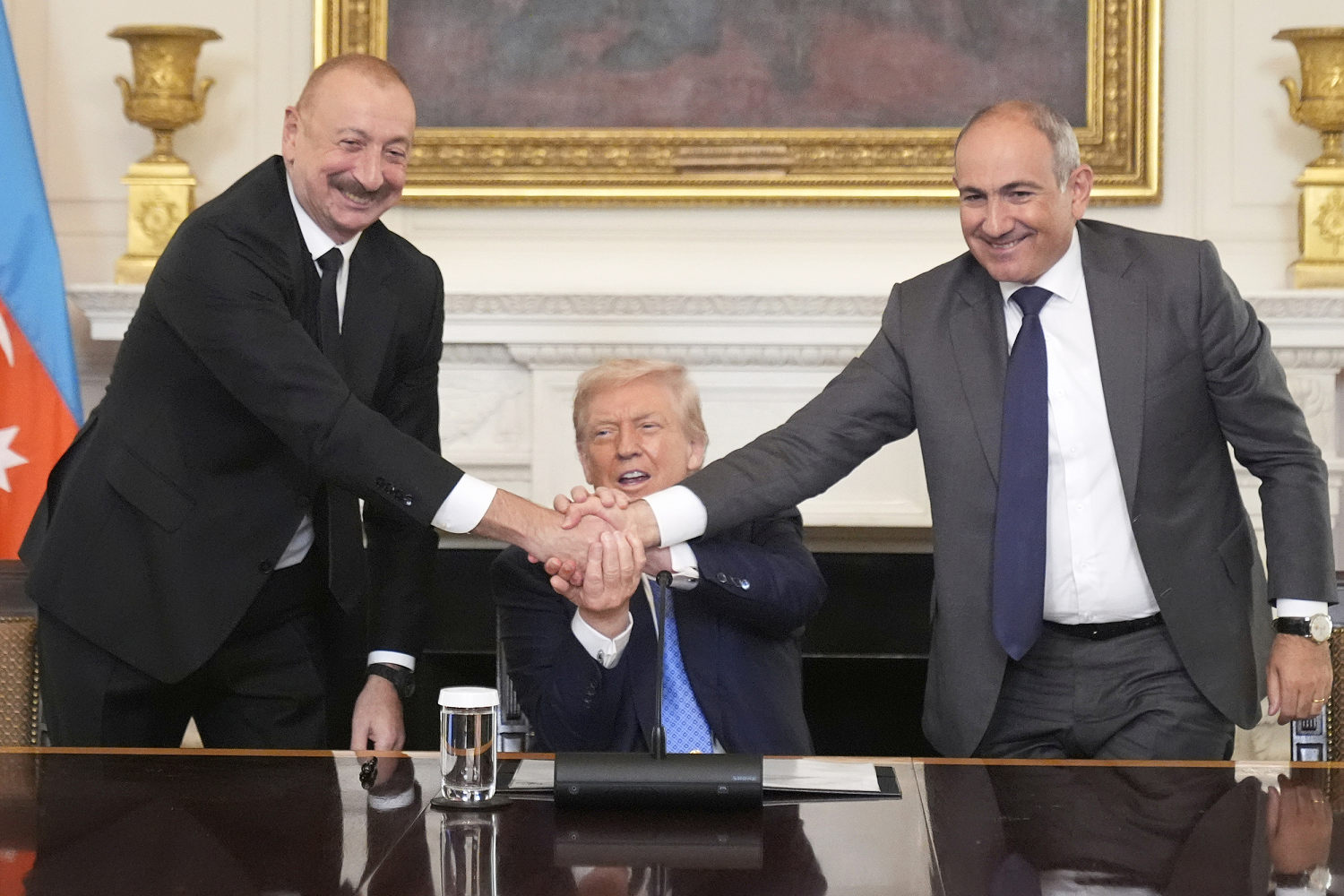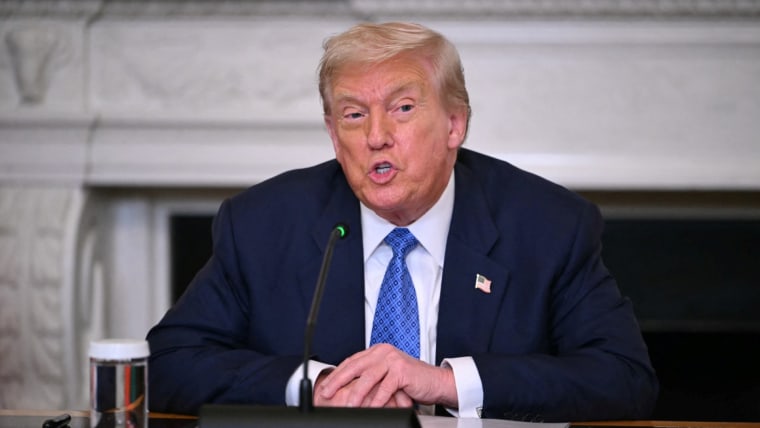Senators urge Meta to roll back Instagram Map feature that sparked uproar


Sens. Marsha Blackburn, R-Tenn., and Richard Blumenthal, D-Conn., sent a letter to Meta CEO Mark Zuckerberg on Friday calling on the company to “immediately abandon” Instagram’s new Map feature after many app users voiced their privacy concerns online.
The purpose of the maps feature, according to a press release from Meta, is to provide a “lightweight” method for users to connect with each other and explore local happenings by allowing people to share where they are in real time. Users can access their “maps” by going to their DMs.
But after the feature was rolled out on Wednesday, many users began criticizing the feature and suggested it could be a risk to their privacy and safety. Some users were alarmed that their geotagged stories were appearing on Instagram Map even when they opted out of sharing their live location.
Meta has emphasized that “location sharing is off unless you opt in.” Instagram head Adam Mosseri said Thursday that the company is aware that “people are seeing stories where people have added a location and assuming the author is sharing their live location. We’ll get out a few design improvements as quickly as possible, which will hopefully help.”
Blackburn and Blumenthal, who co-sponsored major legislation aimed at improving online safety for minors, said they are especially concerned that the new feature puts children’s safety at risk by “exposing their location to dangerous individuals online, including pedophiles and traffickers.”
NBC News has reached out to Meta for comment.
“While Meta has argued that the feature is inactive unless users opt in to sharing their location, some consumers have reported that their location was automatically shared without their consent,” the senators wrote in their letter. “This addition is a cause of particular concern for us when it comes to children and teens that are active on Instagram.”
Blackburn and Blumenthal’s letter is the latest effort from lawmakers to put pressure on tech companies surrounding online safety, particularly around teen users. Both sit on the Senate Judiciary Committee, which grilled the CEOs of Meta, TikTok, X and other platforms in a 2024 hearing, accusing the tech giants of not having enough guardrails in place to protect younger users on their platforms.
With Instagram Map, Meta says that its supervision features allow parents who use the company’s parental controls to be notified when a teen starts sharing their location, and can turn their teen’s access off to the feature at any time.
Following the 2024 hearing, Discord and Snapchat disclosed to the Senate Judiciary Committee that fewer than 1% of parents use parental controls offered to them on those platforms. Meta declined to provide similar statistics to the committee.
Blackburn and Blumenthal said, “It is clear that existing parental controls are not sufficient.”
“Meta has made it difficult for parents to fully understand or utilize parental controls, leading to abuse, exploitation, and victimization of these precious children,” they wrote.
They described Meta’s track record on protecting children online as “abysmal,” referencing reports that the company deployed “AI chatbots that engaged in sexually explicit conversations with minors” and argued that Meta has continued “to use kids as products.”
“Allowing children to share their real time location and more readily displaying where they take pictures to strangers — many of whom may be pedophiles and traffickers — will only increase the dangers children face online due to your inaction,” they wrote.
They concluded their letter by highlighting their belief in the need for bipartisan legislation, like their Kids Online Safety Act, which was reintroduced in the Senate in May. The bill aims to put more responsibility on social media companies when it comes to protecting users under the age of 17. It also directs companies to allow for more parental controls and to create dedicated pages for users to report malicious content. But the bill’s opponents, including free speech and civil liberties groups, warn that it could lead to censorship and is too broadly written.
“We urge you to immediately abandon Instagram’s map feature and instead institute meaningful protections for children online —they deserve nothing less,” the senators wrote.





